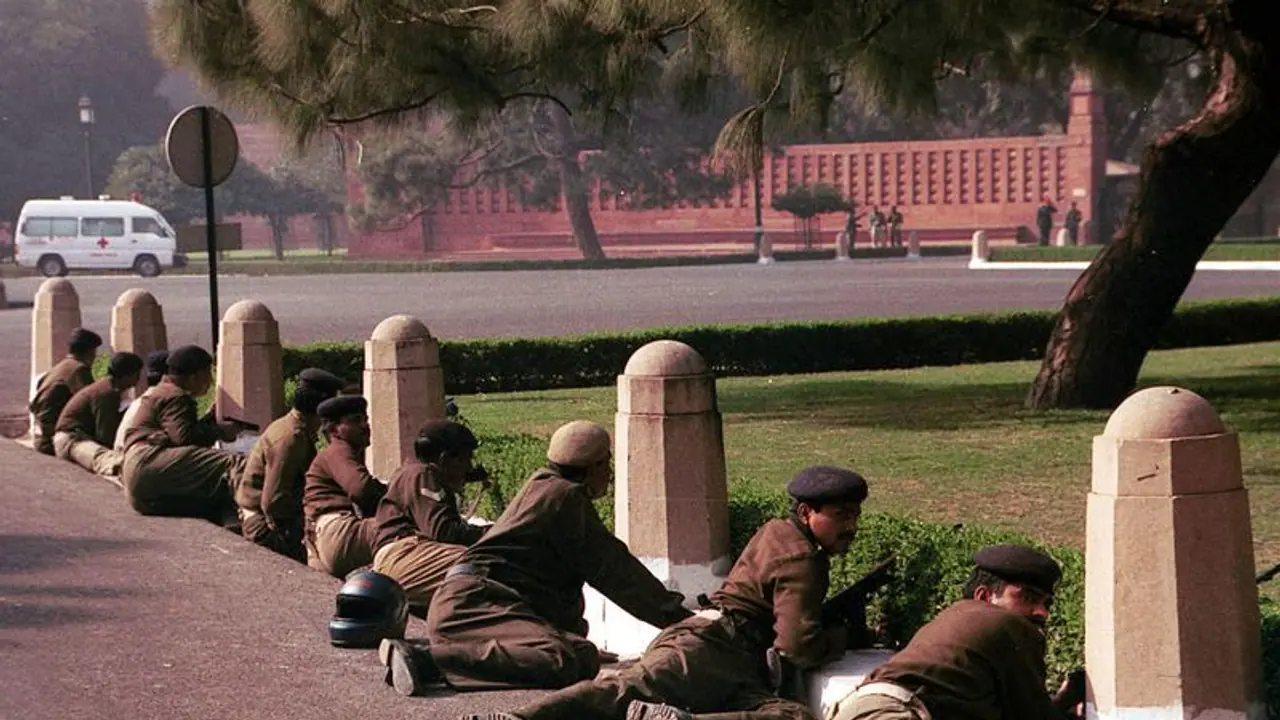As we look back at the 2001 Parliament attack, we also need to assess the present situation. Though the mindset of the ISI or Pakistan may not have changed, India has come leaps and bounds and is better equipped to deal with terror threats.
Eighteen years have gone by since India witnessed one of its most horrific attacks. The December 13, 2001 Parliament attack was one of the most audacious acts by Pakistan and its Jaish-e-Mohammad.
Not only did the attack try to shake the foundation of democracy, but it also gave birth to one of the most dangerous terrorist outfits in the world, the Jaish-e-Mohammad. MyNation caught up with former chief of the Research and Analysis Wing, CD Sahay, to discuss the security scenario today.
Has the mindset in Pakistan changed?
Pakistan is an area of concern. Whether the mindset has changed or not is another question. The mindset and overall approach of the ISI has not changed at all says Sahay. That India must be hurt and must be taken on in a non-combat situation is what the ISI would continue to do.
This is largely because there is very little likelihood for an all-out war continuing for more than one week and certainly there would be no final conclusion, Sahay further adds. Due to this, they would continue to escalate tensions along the border. Pakistan would look to provoke and instigate a major retaliation so that they could bring the world into the conflict. The concept of world policing is more pronounced since the end of the Cold War. It is a pretty serious matter and one cannot go against it all the time, the former R&AW chief also says.
Recalling the Parliament attack:
Sahay has dealt with this case very closely when he was in the R&AW. I would rate this attack higher than any other attack that India has witnessed. Had they succeeded it would have destroyed our strongest pillar of democracy.
We would have been able to build Parliament again no doubt, but it would have been a big jolt on a young democracy like ours.
Will Pakistan attempt another such attack?
They would be delighted if they could. Today there is so much intense pressure and focus on Pakistan. Our intelligence is so much better today. If they attempt something similar, Pakistan will have no place to hide. The Balakot and surgical strikes are proof of that.
Following the attack on Parliament, it became known to the world from where these terrorists had come. We were not the only ones listening to what was being picked up on the air waves, Sahay also adds.
The importance of hitting Balakot:
Sleeper cells as the name suggests means go to sleep. We cannot expect them to be war ready when compared to those who come out of a Balakot terror facility. The sleeper cells can only be enablers.
For the real action it is the well-trained, highly indoctrinated guys, who are used. Their brief is to ‘go there, do it and die.’ In short, the brief is to attack and also not get caught, like Ajmal Kasab did.
An operation on such a massive scale would require a lot of planning. It would require a lot of message passing. Today, we are in a much better position and are better equipped in terms of our intelligence and strike capabilities. In today’s situation, if any such thing triggers on the air waves, we can go down to the last detail and realise it, the former chief of R&AW also says.
The Afzal Guru apologists:
Do you really think the left liberals or the JNU types are shouting for Afzal Guru or really care about Kashmir? They are part of a process which represents the electoral representatives or the over ground leaders.
Their only agenda is to try and hit the society. The agenda of these JNU types is something else. The Jaish-e-Mohammad was formed after Masood Azhar was released post the Kandahar incident. A year after his release, the Jaish-e-Mohammad was formed and almost immediately, they carried out the Parliament attack.
Attacks of such magnitude do not take place so soon and it normally takes place years after an outfit is formed. Afzal Guru was a facilitator and was tasked with the logistics and ensuring that the operatives reached the right place. The brain of the attack was Azhar.
Actually, I would say that Azhar was only asked to do it. The ISI did not use the Lashkar-e-Taiba. The JeM was a new entity and they thought it would not be taken seriously. In short, this entire attack was the brainchild of the ISI, Sahay further says.
